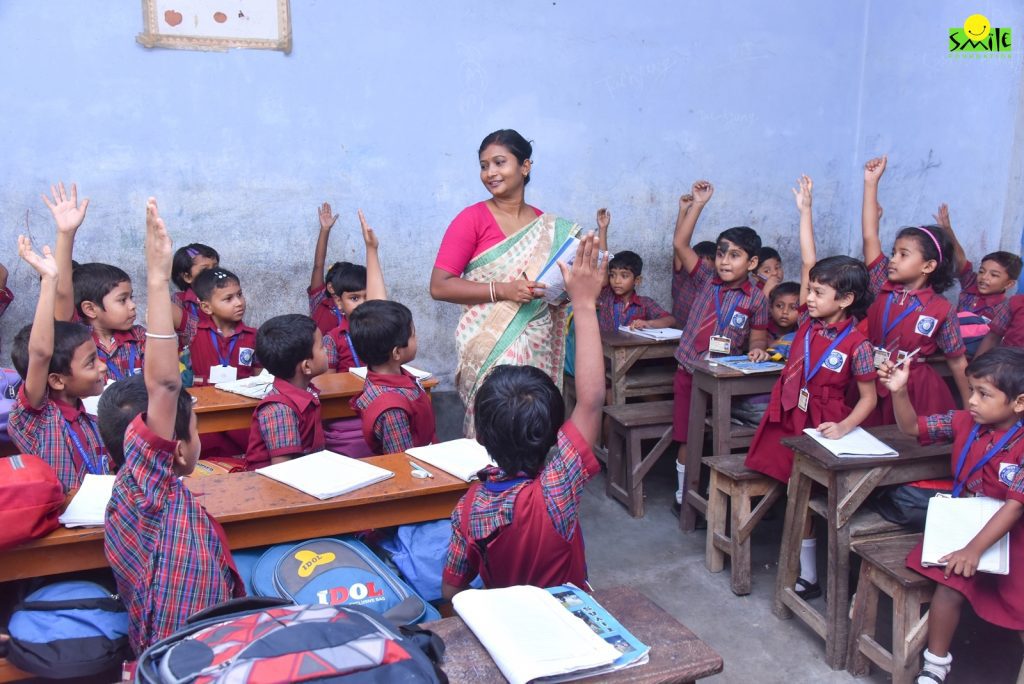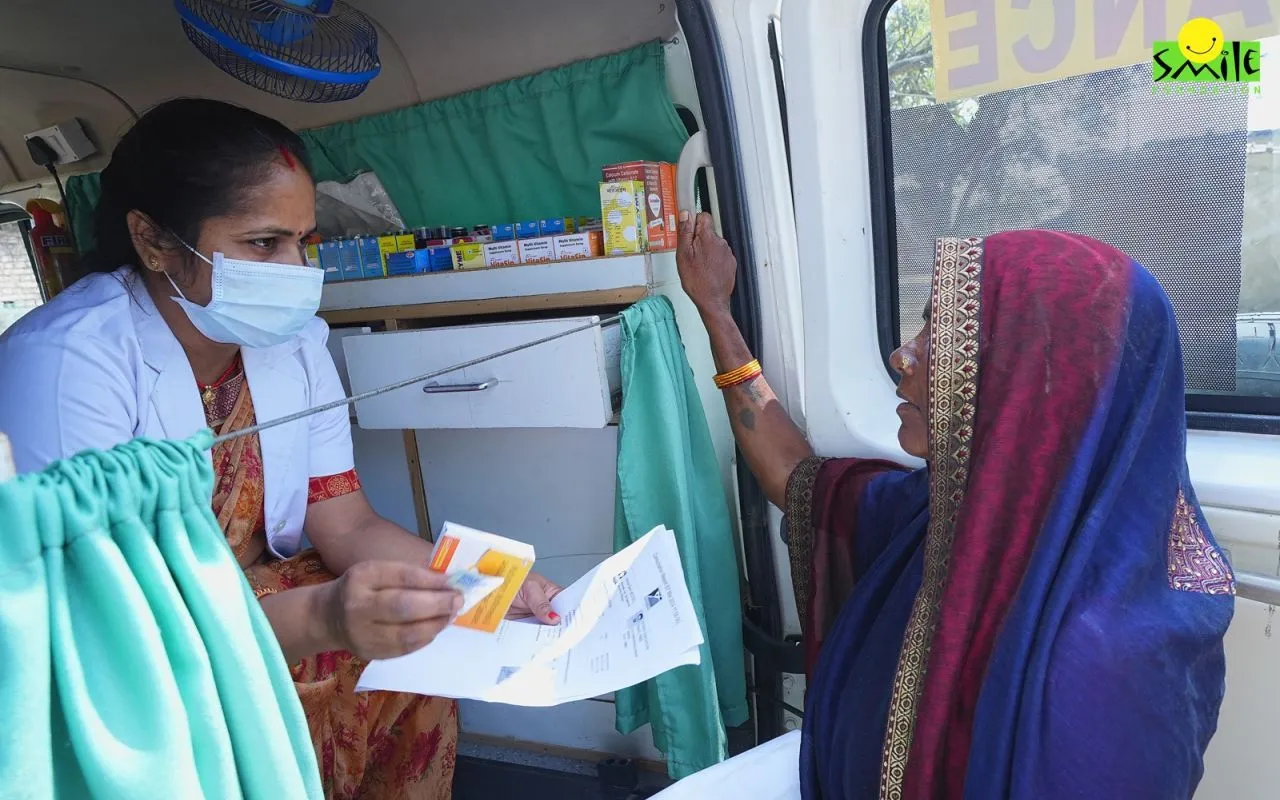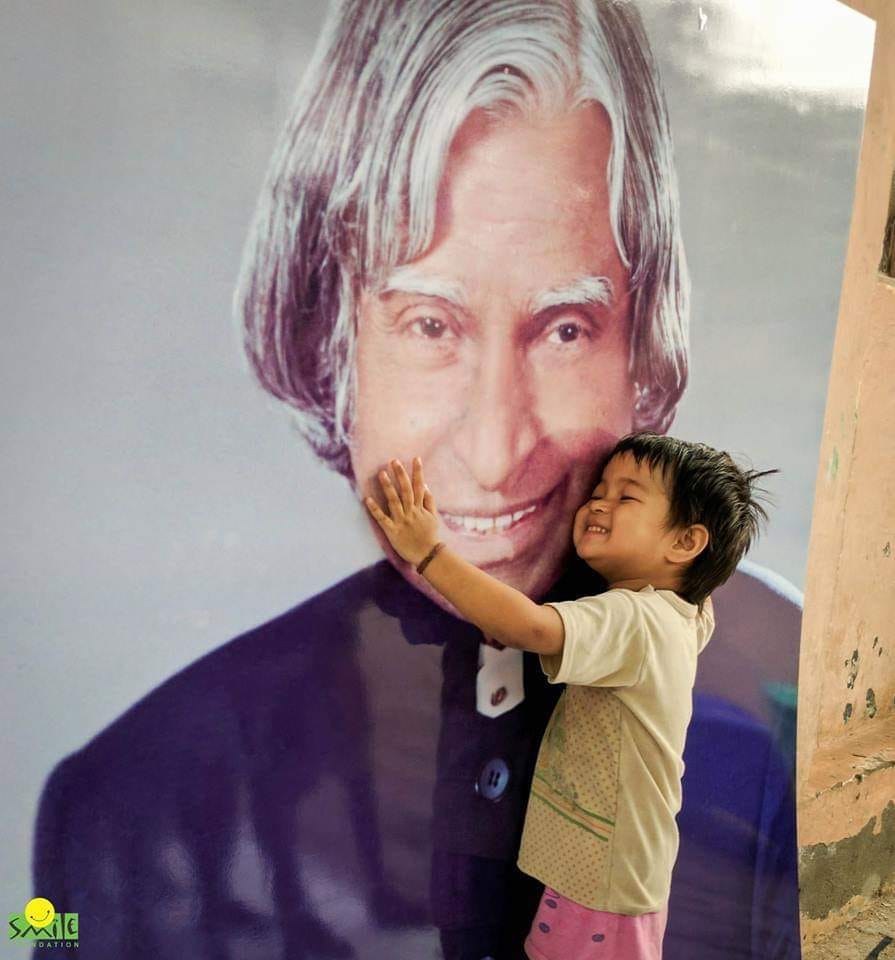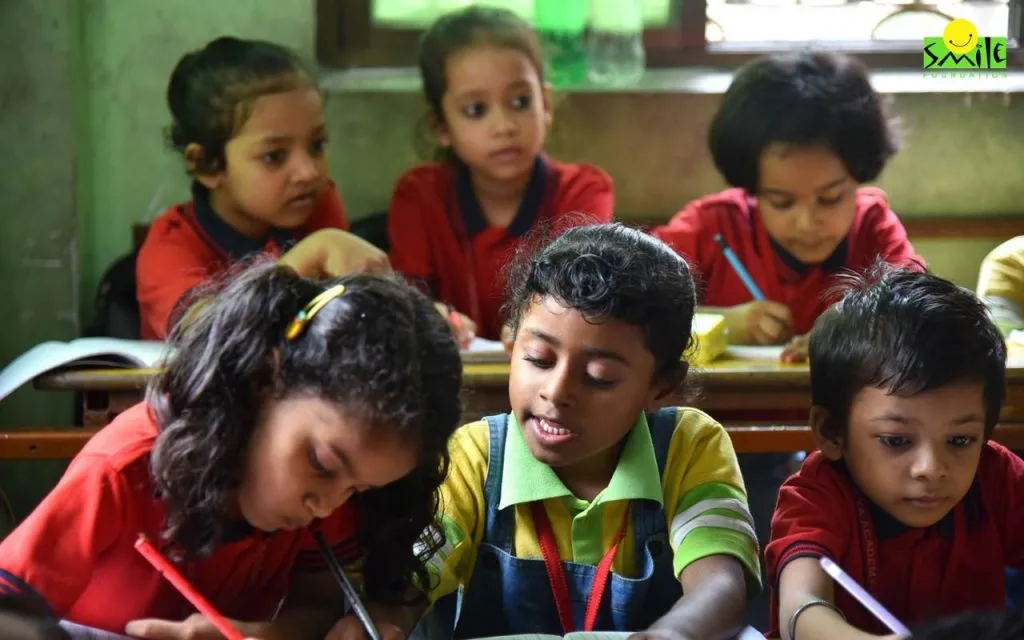It’s unfortunate that humans are threatening their own future. Today’s societies confront numerous challenges, including climate change and environmental crises, two looming issues in the world.
Undoubtedly, development is required to meet human needs and improve quality of life, but it should not be done at the cost of harming the natural environment. Let’s understand that harming the environment eventually harms humans, particularly future generations.
Sustainable development is based on the idea that sustainability protects both the interests of future generations and the earth’s capacity to rejuvenate itself. To ensure that future generations have access to sufficient resources, it is imperative that humans interact with the environment sustainably.
We need a transformation in education to ensure that everyone acquires the knowledge, competencies, and attitudes necessary to respond to urgent crises and work towards a sustainable future. Therefore, UNESCO has set a new objective– to make environmental education a core curriculum component in all nations by 2025.
What is Sustainable Education?
Sustainable education helps learners understand how human actions affect the environment, the current issues, and the need to respond and work towards a better future for everyone. It is an educational approach that emphasises the relationship between humans and the environment.
It aims to instil in students an awareness of environmental issues and the impact of human activity on the environment, and the knowledge and skills necessary to address these issues in a sustainable way. This also includes addressing the different needs of all individuals in existing and future communities, promoting individual wellness, social cohesion, and inclusion, and establishing equal opportunity.
Sustainable education is often interdisciplinary, drawing from various fields of study such as ecology, environmental science, economics, and social justice. It emphasises critical thinking, problem-solving, and hands-on learning to help students become effective environmental stewards.
Why is Sustainable Education Important?
Sustainable education is important because it addresses the urgent need to promote sustainability in a world facing unprecedented environmental challenges. Climate change, biodiversity loss, and resource depletion are just some of the issues that threaten the future of our planet.
To address these challenges, we need to educate future generations on the importance of sustainability and provide them with positive impact tools.
In addition, sustainable education can help students develop a deeper understanding of their role in society and their responsibility to the environment. It can also promote social justice by addressing issues such as environmental racism and inequality. By teaching students about these issues, we can inspire them to become advocates for positive change and create a more equitable and sustainable world.
Integrating Sustainable Education in India
In India, which is home to seven of the world’s ten most polluted cities, the situation becomes even more dire. Water shortages are more prevalent than ever before. Although efforts are made toward sustainable development, they are largely government-led (clean energy, sustainable agriculture, etc.).
Now is the time for a collective mindset shift towards sustainable development and growth. Education plays a significant role in achieving this goal. Sustainable education needs integration into the curriculum in an interdisciplinary and comprehensive manner, allowing for an institution-wide approach to policy formulation.
Five ways how sustainable education can be integrated into the school curriculum–
Introduce an Exclusive Citizenship Programme
taught throughout a child’s schooling. This programme teaches children their fundamental responsibilities and duties as citizens to improve their communities, the environment, and society. Children become global citizens and establish a foundation for their future development.
Encourage Project-based Learning
that involves designing and implementing sustainable solutions. For example, students can work on projects that involve designing a sustainable garden or creating a composting system for the school.
Collaborate with Local Organizations and Community Groups
to provide opportunities for students to get involved in sustainability initiatives. This can include clean-up events, planting trees, or participating in sustainability workshops. The students can be immersed in real-world situations through field trips to reforestation programmes or factory floors.
Focus on social justice and equity
emphasizing the need for fair and equal access to resources and opportunities. This can help students understand the interconnectedness of social and environmental issues.
Model sustainable practices in school
by implementing green initiatives such as reducing waste, conserving energy, and promoting environmentally friendly transportation options.
Teachers make sure each class knows the materials they are using, where they come from, and the options available to reduce and rework their usage. This will help students see the real-world impact of sustainable practices and understand how to apply them in their own lives.
Looking Forward
Whether it be pollution or biodiversity loss, the current global environmental crisis has a particularly negative impact on children. To successfully secure a sustainable future for future generations, we must educate and empower them to design and implement solutions and collaborate with others to solve these problems.
Sustainable education plays a significant role in helping students think more critically about their choices in nearly every aspect of their lives.
Smile Foundation and Education
Smile Foundation through its Shiksha Na Ruke campaign is trying to make sustainable education possible for children. The initiative is bringing children from disadvantaged backgrounds back to schools after Covid-19 made it difficult for them to continue their education.









